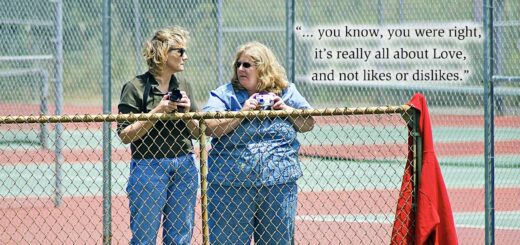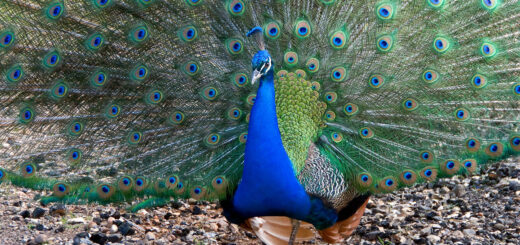Don’t pretend then you’ll find out what you are — J. Krishnamurti
The sound quality in the beginning is very poor. It will get better, it is only a short recording:
Transcript from Youtube:
00:05
Q: Sir, aren’t you making a distinction
00:08
when you speak of thoughts in action
00:15
versus not using thoughts?
00:17
Aren’t you making a distinction between memory of facts,
00:22
like your address,
00:24
versus memory of patterns, especially patterns of relationship?
00:29
K: Sir, that is fairly clear. The gentleman asks,
00:34
aren’t you making a difference, isn’t there a difference
00:38
between memory of facts,
00:43
memory as knowledge,
00:45
which is the understanding of facts,
00:50
and the freedom from the fact
00:57
and going beyond it.
00:59
Is that the question, sir?
01:04
Q: The lack of thoughts that represent patterns of relationships.
01:13
K: I am sorry, I can’t hear.
01:29
There is memory that represents fact and relationship.
01:34
A: Pattern. Patterns of relationship.
01:41
K: Patterns of relationship.
01:45
There is memory that represents patterns of relationship.
01:55
Do you have patterns in relationship?
01:59
This is something new which I have not heard before.
02:04
Do you have patterns of relationship?
02:06
You behave towards one person in one way,
02:09
towards another, another way, and to your boss another way,
02:12
to your wife another way, if you have a cook, another way
02:16
– is that the pattern of behaviour?
02:18
Your analyst in one way, to your doctor another way
02:21
– is that it?
02:24
Is that it?
02:26
What a complicated life you must have.
02:36
You must be changing your masks all the time, aren’t you?
02:44
When you go to the doctor you put on one mask,
02:46
when you meet your wife put on a different mask,
02:49
and your boss, and so on – changing, putting on masks.
02:54
And you call that patterns of behaviour in relationship?
03:01
Good Lord.
03:05
So you have different facets of relationship.
03:13
That means you are never yourself,
03:16
whatever that be,
03:19
there is always a pretension, a pose.
03:30
And that inevitably breeds conflict.
03:36
You are different to your wife, different to your boss,
03:39
different to the priest if you have one,
03:41
obviously you are totally different to your analyst, if you have one.
03:47
So, you are always living in contradiction
03:51
and therefore conflict.
03:56
Now when you see that, when you are really aware of that,
04:01
honestly, you know,
04:05
not deceive yourself,
04:08
when you are actually aware that you are pretending all the time,
04:13
putting on different faces all the time,
04:18
when you see the falseness of it
04:22
then you see the truth that you must be yourself.
04:27
Then you begin to enquire what is yourself.
04:32
Is not yourself all these patterns?
04:37
Are you following this?
04:42
Is not yourself how you behave to the doctor,
04:45
to the wife, to the child, and so on?
04:49
That is yourself.
04:54
So, you say: what is myself?
05:01
To find that out there must be no pretention.
05:07
Don’t pretend to be one thing, say another, do another.
05:18
Then you will find out what you are.
05:23
You will find out what you are,
05:27
which is, all these calculated pretensions.
05:37
And when you go beyond all these pretensions,
05:41
all these poses, all these imaginations,
05:44
contriving remembrances, images,
05:49
what are you at the end of it.
05:52
Nothing at all, are you, aren’t you?
05:56
And we are frightened to be nothing.
06:01
You say, well, if I am nothing, I’ll be destroyed by society.
06:04
Be destroyed by society. You won’t be destroyed.
06:11
You see, sir, when you are really nothing,
06:19
which means thought,
06:23
which has put together the me,
06:26
is no longer there.
06:30
Then there is a totally different kind of energy,
06:35
which is much more real than the imaginary me
06:40
which has been put together by thought.



